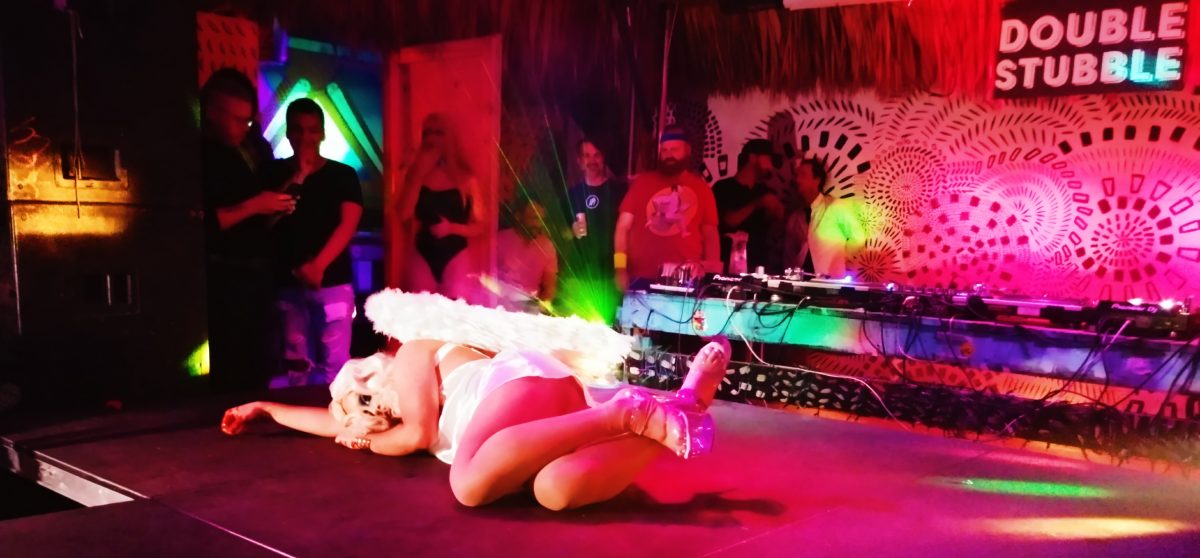Modernizing the Inner-City: Gentrification and LGBTQ Spaces
For my project, I would like to examine the process of gentrification as a result of neoliberal thinking. I want to study how this process is framed as modernizing project, in which neighborhoods are “renewed” and brought to an imagined ideal standard. I want to examine the discourse of modernity and progress, which is usually used in speaking of the Global South, to the interior of the Global North, specifically the United States. This discourse of making modern is usually framed towards communities of color, whose spaces are seen as lagging behind, if not deteriorating – both physically and culturally.
In framing gentrification as a modern project, it leads to not only the physical altering of the space and the demographics of the neighborhood, but also the changing of its sociopolitical culture. In shifting this culture, gentrification opens socio-politically liberal pockets in neighborhoods, which allows for the proliferation of an LGBTQ scene that would have been previously stigmatized.
The central question of this project is how the process of gentrification leads to creation of LGBTQ spaces in places they would not have existed before. In a way, studying how shifting sociopolitical landscapes lead to the rise of a stigmatized group at the cost of another group’s welfare.
Lopez Comments:
Octavio, I like the approach that you are taking with this project. Yes, the process of gentrification does rely on the modern idea of ‘renewing’ sections of cities that are seen as undervalued, blighted, or rundown. I also like how you point out how gentrification as actually had some sort of benefit to LGBTQ. This reminds me a bit of Gibson-Graham when they introduce how new subjectivities emerge from the ruins of capitalist relationship.
While I like this idea, I’d like to see you narrow your scope. For instance, are you still thinking about doing the photo essay based on your work in Miami? This, in itself, would be a great project to pursue for the purposes of this project. If this is the case, what sort of photos do you have that can be supported by your theoretical insights? If you have decided to not do a photo essay, what would your final project look like? E.g., paper, podcast, etc.
